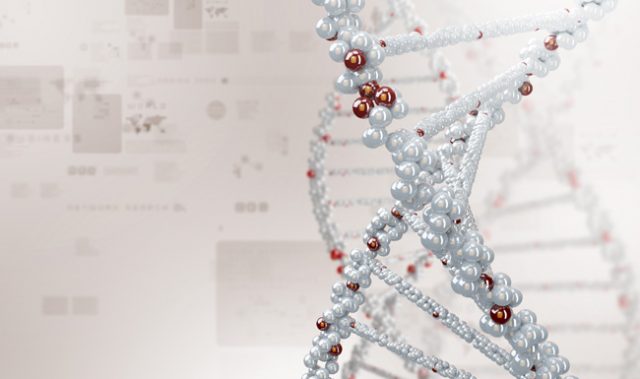
Asian Scientist (Sep. 25, 2013) – Australian researchers have demonstrated a strong association between the FTO (fat and obesity) gene and hip fracture in women.
While the gene is already well known to affect diabetes and obesity, this is the first study to show that its high-risk variant can increase the risk of hip fracture by as much as 82%.
In their study, published in Clinical Endocrinology, the researchers examined six variants of the FTO gene in 943 women. The women, all over 60 years old, were part of the Dubbo Osteoporosis Epidemiology Study (DOES).
Their bone health was followed between 1989 and 2007 and during that period, 102 women had hip fractures.
On average, the risk of fracture is about 11%. The study showed that if a woman has a low-risk genotype, or gene variant, the risk of fracture is 10%. If she has a high-risk genotype, it is 16%.
The authors believe that the findings have the potential to improve prediction of hip fracture. Known risk factors, also to be taken into account, include advancing age, falls, history of fracture, low bone mineral density, low body mass index (BMI) and genetic make-up.
“We found that for a woman of the same age and same clinical risk factors, those with the high-risk genotype have an increased risk of hip fracture of 82% – a strong effect in genetic terms,” said Professor Tuan Nguyen, the senior author of the study.
The article can be found at: Tran et al. (2013) Association Between Fat Mass And Obesity-Associated (FTO) Gene And Hip Fracture Susceptibility.
——
Source: Garvan Institute of Medical Research; Photo: phalinn/Flickr/CC.
Disclaimer: This article does not necessarily reflect the views of AsianScientist or its staff.












